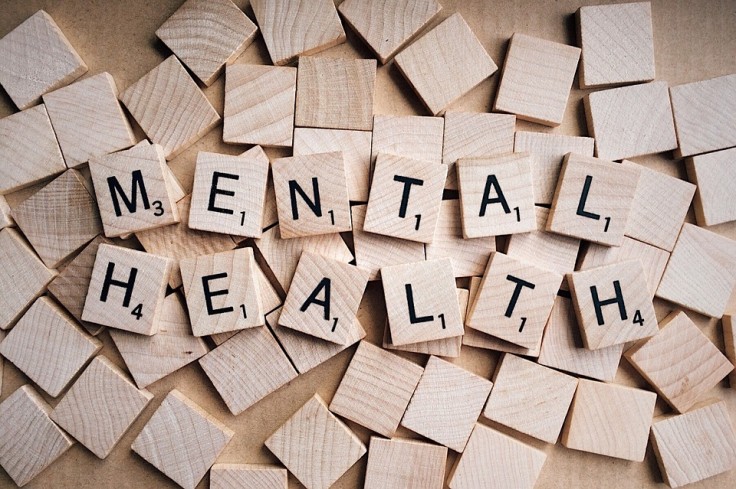
While many may be aware of their mental health care needs, not everyone is getting help. Sadly, individuals who recognize the problem often choose to keep it to themselves because of the stigma associated with mental health problems.
Stigma is a negative attitudinal reaction to an event or situation. Most of the time, people who react negatively are the ones who know very little to nothing about the situation. Beyond being a negative emotional reaction, stigma is also a result of the need to categorize things. Not belonging to either of the categories in the dichotomy earns the stigma.
People who admit they need help to deal with their mental health issues often earn the stigma. The skewed perception often leads to discrimination. It limits a person's opportunities to socialize. Sometimes, they are even labeled as inadequate if not dangerous. The shame, alienation, and victimization of people with mental health concerns are far worse than having the mental condition itself.
Mentally ill people were dehumanized back in the 17th century when medicine separated the idea of the personal and emotional to their approach in healing a person. Rationality and reason as introduced by philosophers like Locke and Hobbes in the 18 century saw people mechanistically. They believed that people always think in rational thoughts and that the emotional should never be spoken of.
Throughout time, the stigma associated with mental health concerns has only gotten worse. Although people have more knowledge about it now, mental disorders are still viewed as unreasonable and irrational. People who have sought help have begun getting negative reactions, which have led them to feel depressed.
Given the stigmatizing attitudes towards mental health, patients began to stigmatize the idea of help and avoided getting care. They withdrew from the idea that help is available for them. They thought that getting help would only make their situation worse. Others will begin to treat them differently. Then there are those that will refer to them using different labels.
All these have made it impossible for mental disorders to be dealt with accordingly. Sadly, those who need help are no longer interested in getting help. This is why the number of incidents of suicide among those with mental health disorders is increasing. They are not getting the help they need that's why they feel more alone. They spiral down to becoming depressed.
Everyone expects depression to manifest in how a person carries himself. But in truth, depression has also its way of masking the true emotions from within. The people around depressed persons might not even be aware that their loved one is suffering from depression.
The stigma and the withdrawal from help is what makes mental health issues a serious concern. It isn't just about getting help. It is about being confident that when one decides to come out to get help, they won't be judged for who they are. Asking for help takes a whole lot of courage. It is something that is worthy of being appreciated.
© 2026 University Herald, All rights reserved. Do not reproduce without permission.








